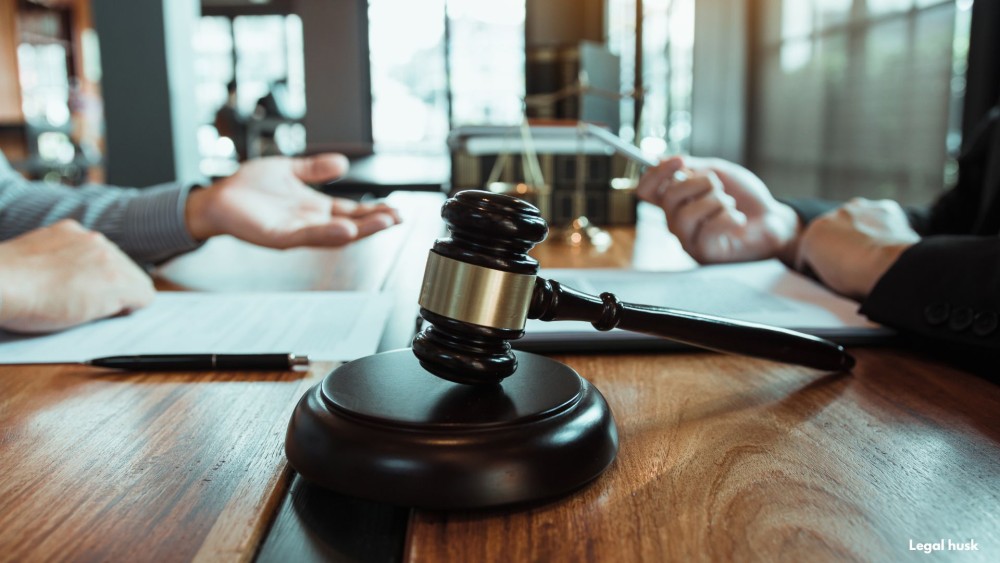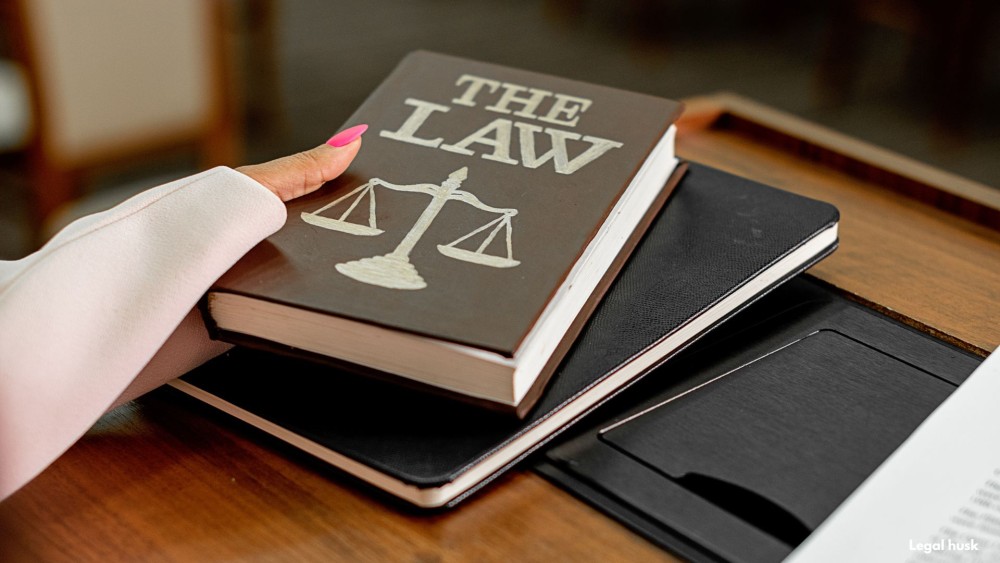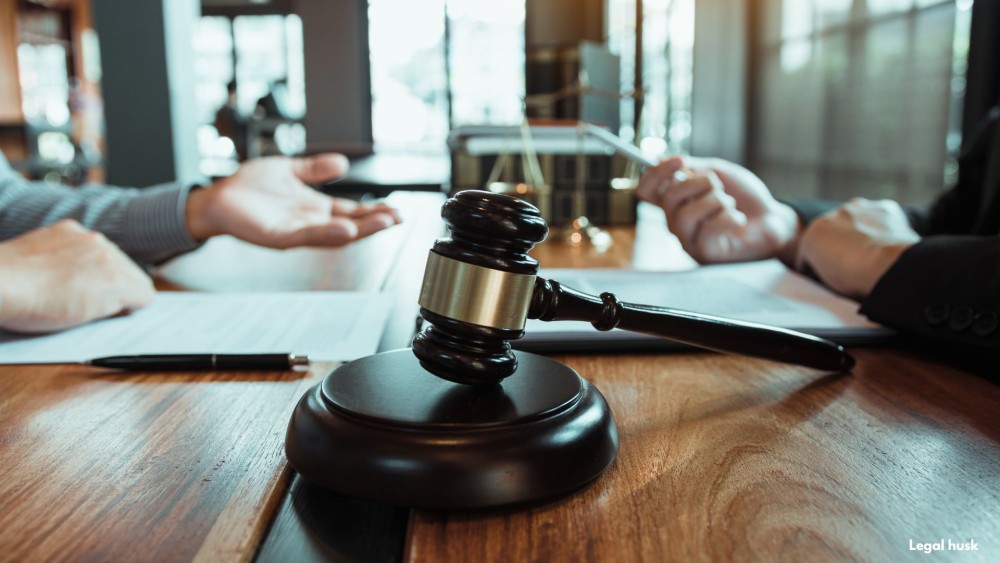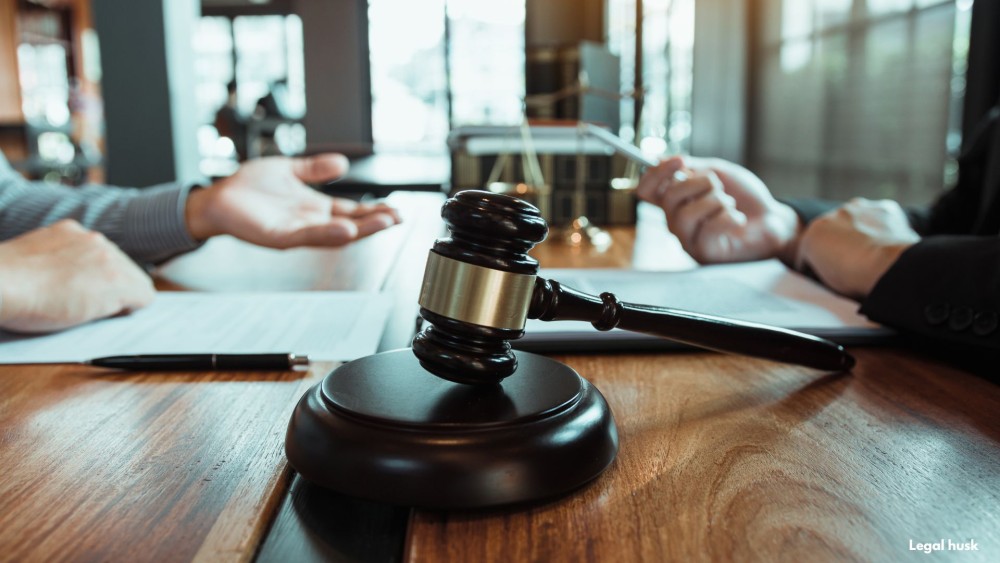Get Your Legal Documents Now!
Whether you are dealing with a complex family matter, facing criminal charges, or navigating the intricacies of business law, our mission is to provide you with comprehensive, compassionate, and expert legal guidance.

Is someone infringing your IP? Learn how to file a clear and compelling complaint to protect your intellectual property rights and stop unlawful use in its tracks.

Exposing deception starts with a solid complaint. Learn how to draft a winning financial fraud case that holds wrongdoers accountable and recovers what you’ve lost.

Taking down monopolies starts with one powerful complaint. Learn how to file antitrust claims that shake up the market and restore fair competition.

Denied claims, delayed payments, and underhanded tactics? Learn how to fight back with a bulletproof insurance complaint.

The strength of your lawsuit lives or dies by your facts. Here's how to draft factual allegations that get your complaint noticed—and not dismissed.

Facing construction delays, contract breaches, or costly defects? Learn how to draft a litigation complaint that lays the foundation for a win in court.
Whether you are dealing with a complex family matter, facing criminal charges, or navigating the intricacies of business law, our mission is to provide you with comprehensive, compassionate, and expert legal guidance.